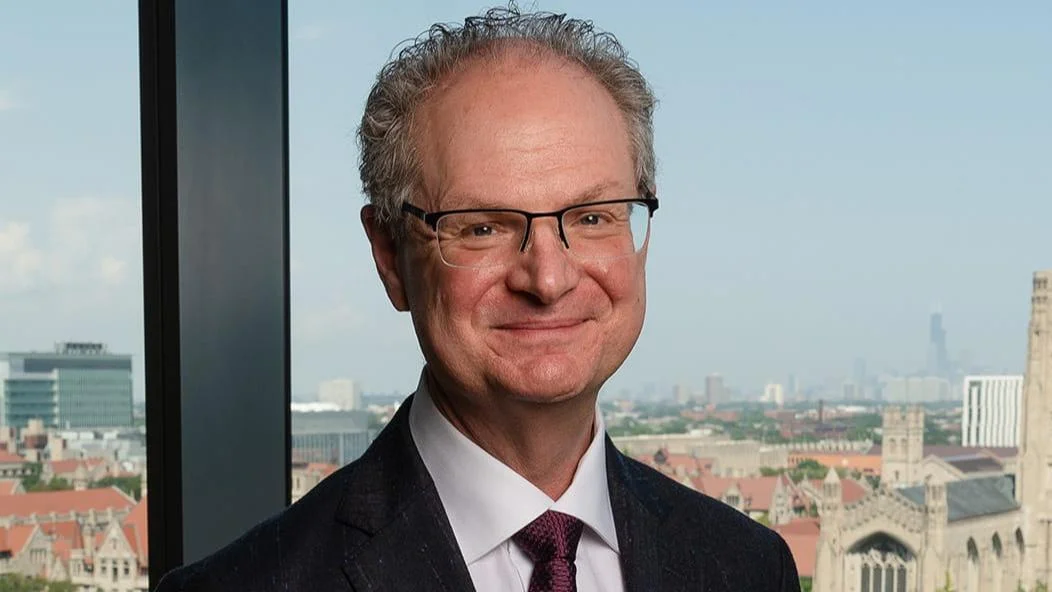Model rockets and boats, mousetrap cars, and egg drops are among the activities Chicago high school students take on in the Space Explorers program, an initiative of the University of Chicago’s Kavli Institute for Cosmological Physics. Through hands-on challenges, participants develop problem-solving skills and gain exposure to science beyond traditional classroom instruction.
Established in 1991, Space Explorers originally introduced Chicago Public Schools students to cosmology. Over time, the program has expanded to cover a broader range of scientific fields. Each year, 20 to 30 students participate through seven Saturday sessions per quarter, a winter institute, and a residential summer institute. The program is conducted in partnership with the UChicago Office of Civic Engagement.
Students stay in dorms, eat in dining halls, and experience campus life during the program, which aims to help them envision themselves as scientists. Physics professor Abigail Vieregg, who directs the program, believes that learning science should involve direct engagement. “Science isn’t just something you learn in a textbook,” said Vieregg. “Science is something that you engage in doing, you engage with your hands.”
Lectures are brief and focus on providing foundational knowledge. Most time is spent in laboratories, where students design prototypes and conduct experiments. Assignments are intentionally open-ended with no single correct solution or set instructions. The approach is meant to foster creative thinking.
“We really stress hands-on experiences and plenty of time for experimenting—it’s about subconsciously instilling the scientific method,” said Tyler Natoli, a senior researcher at the Kavli Institute who advises the program and helps develop its curriculum. “It gets them to think creatively about problems rather than just following steps.”
Graduate instructor Ryn Grutkoski is tasked with creating new curriculum each year so that returning students encounter fresh challenges. Last year, for example, the egg drop activity was modified so eggs had to survive multiple falls, mirroring real-world engineering problems such as reusable rockets.
“I want them to understand that it’s okay if the second design is worse. You’ve still learned something,” said Grutkoski.
Grutkoski noted that as students progress through the program, they become more confident in asking questions and presenting their work. According to recent data, all program participants have graduated from high school, with most entering four-year colleges and many pursuing STEM degrees.
In the upcoming year, Space Explorers will introduce topics like circuitry, electrical work, and Arduino programming—subjects often reserved for college-level courses. The curriculum will be designed to accommodate students with different levels of experience in STEM.
The Kavli Institute has also begun collaborating with the newly established SkAI Institute, which explores the intersection of artificial intelligence and fields such as cosmology. With funding from SkAI, Space Explorers plans to add AI content to its programming.
“With the SkAI Institute, we’re going to be thinking hard about how to incorporate AI into the program,” said Vieregg. “And we’re hoping that will resonate with students. AI is the hot thing at the moment.”
Vieregg intends to bring on a graduate instructor with AI expertise to help familiarize students with AI tools and concepts relevant to scientific research.
This article was originally published on the UChicago Physical Sciences Division website.

